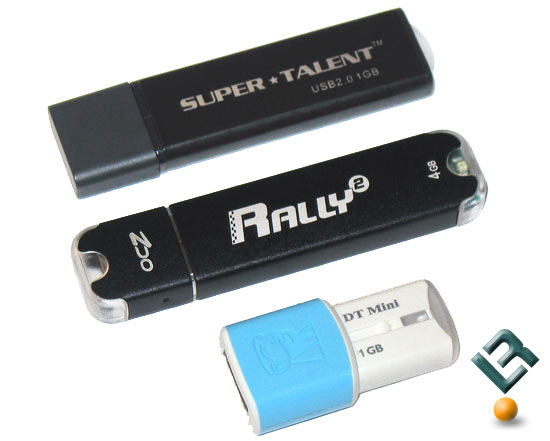Your flash drive can do more than just hold data -- it can give you the ability to take your PC anywhere. Here are five strategies for making the most of that tiny USB key.
Now that the floppy disk is dead (or as dead as it gets) and the USB flash drive has pretty much replaced it, it's high time to think about that USB drive as more than just a big floppy
There's no question the size of your average USB drive has made it far easier to shuttle both data and applications between computers. For $25, you can pick up a 2GB USB flash drive, enough data to fill roughly four CD-ROMs. But aside from data, applications are also becoming a featured item: Some companies sell Linux distributions pre-loaded on a USB stick, for instance. With all that space and flexibility available, it's become possible (or at least a lot easier) for people to take both their data and their applications with them.
Because so many things are possible, people new to the idea of using USB drives to work on the go sometimes get a little lost. What kinds of on-the-go work can you specifically do with a USB drive, and why? To that end, I've assembled five basic ways you can use your USB drive on the go in more effective ways:
How to use applications without installing anything on the host machine
How to run a standalone operating system from a USB drive.
How to maintain a standalone (and secure) password repository
How to synchronize data between two or more computers
How to encrypt your data so that it's safe to carry it around with you.
The vast majority of the material described here is for Windows -- the PortableApps suite, for instance, is a Windows-only item at this point. Some individual programs do exist in Linux incarnations, though -- TrueCrypt, for instance, and KeePass has been unofficially translated into Linux and MacOS editions (as well as a U3 device edition). Check the respective Web sites of each application for what versions are available, as they may change over time.
A Note Of Caution: Sorry, You Can't Plug That in Here
As usage of portable USB drives rises, so does caution about their use. Many workplaces and public-access computers no longer allow USB devices to be connected as a security measure, or only allow read-only access (and don't allow non-approved applications to run). It can be frustrating, especially if the data you brought with you is encrypted and you need to run an application to get access to it.
As a general rule of thumb, if you don't think you can log into a given system as an administrator, chances are you won't be able to do the vast majority of things you might expect to do with applications or data on a USB drive. Be prepared to fall back to a data-only or read-only setup if you think you're going to be going back and forth between home and other machines that are heavily locked down.
Page 2: Be Productive -- Without Installing Anything
1 | 2 | 3 | 4 | 5 | 6 | 7 Next Page »







